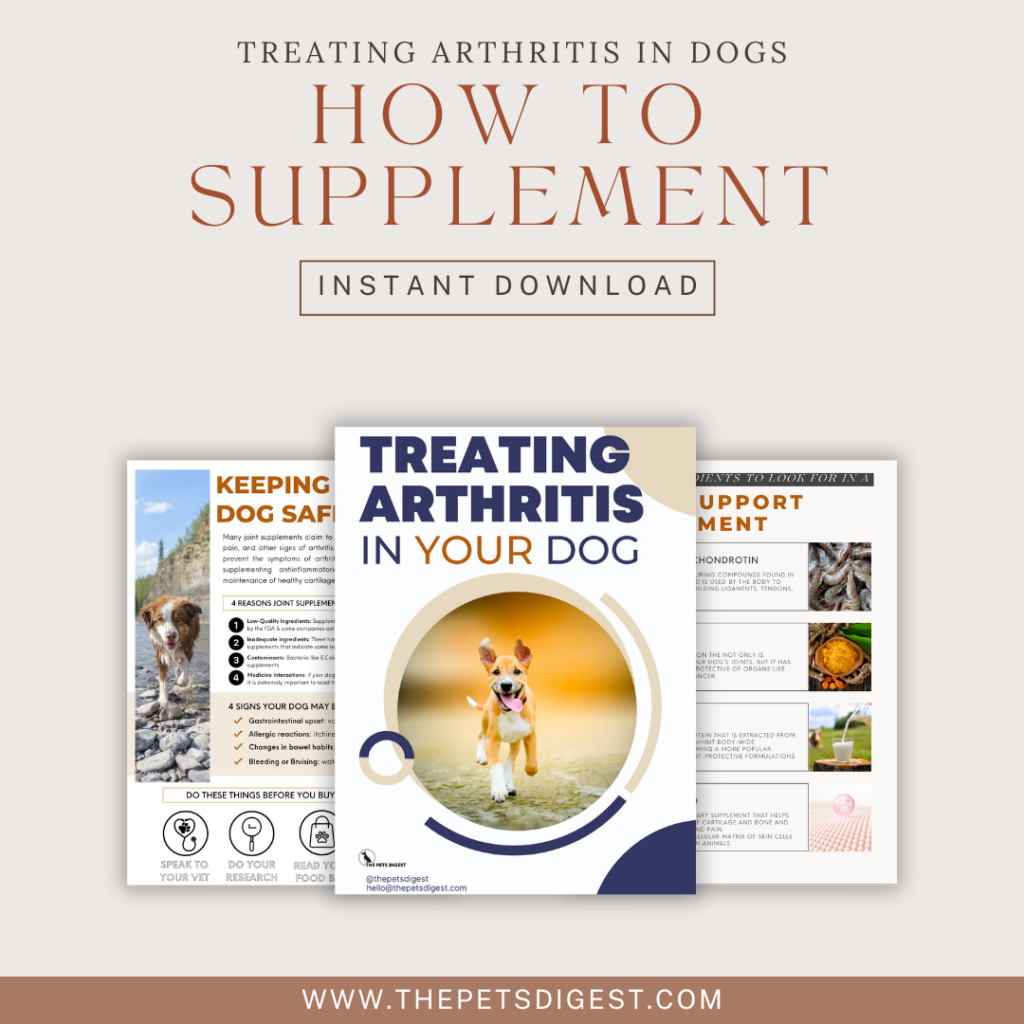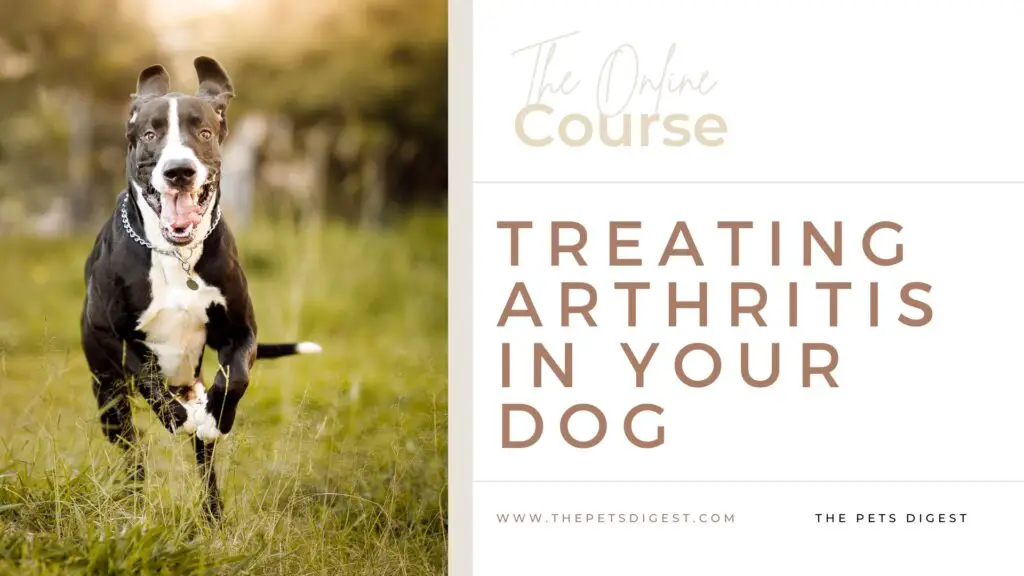If your dog has arthritis it is critical that you feed them foods that will not make their condition worse.
Since arthritis is literally inflammation of the joints, the goal is to fill their diet with plenty of anti-inflammatory foods and nutrients while avoiding inflammatory foods as much as possible.
6 foods to avoid if your dog has arthritis
1. Refined grains

Whole grains are made of three parts the bran, the germ, and the endosperm. Refined grains do not have bran or germ.
This makes them highly processed and limited in nutrition. They are quickly broken down into sugar which is linked to an increase in inflammation.
This not only means that it could worsen your dog’s arthritis but it could also cause issues for other inflammatory conditions like diabetes and heart disease.
Some examples of refined grains are white rice and white bread
So what about whole grains? While the jury is still out for now most vets and scientists say that it is fine to feed foods that include whole grains like brown rice and oats.
Whole grains actually provide many nutrients for your dog including iron, selenium, fiber, and B vitamins.
2. Sugar & Salt

Not only is sugar horrible for your dog’s midsection, it is also highly inflammatory and will cause issues with their joints if they have arthritis.
Salt should be limited when possible because it can also lead to inflammation.
Naturally occurring sugars and salts from fruits and vegetables are fine but if the diet you have chosen for your dog has a lot of added sugars or salts we would steer clear of the food.
3. High-fat & Fatty Protein-Based Diets
While both are extremely beneficial and necessary in your dog’s diet moderation the source of their fats and proteins is key.
Ideally, you want to keep fat at a minimum to help curb any excessive weight gain which will only exacerbate your dog’s arthritis issues as it will place extra pressure on the joints.
When choosing a diet for your dog ensure that the protein is from a quality source and preferably lean meat such as wild-caught fish or chicken breast.
4. Processed Human Foods

If you are feeding your dog a homemade diet or use human food as a treat refrain from feeding them any processed foods, especially meats.
This means no lunch meats like bologna, hot dogs, or bacon.
It may be a sad day for your dog when they are no longer able to have their tasty treats but in the long run, their joints will thank you for it.

5. Omega-6 fatty acids
While Omega 6 fatty acids are beneficial and necessary for your dog if they are given in excess and outweigh the Omega-3 fatty acids in their body it can create an inflammatory response.
Ensure that your dog is on a high-quality beneficial diet and they should be fine.
To see our top choices of dog food for dogs with osteoarthritis, read this article.
6. Corn & Corn byproducts

Corn has been a long-time staple in many dog foods but one that if eaten in excess over a long period of time can cause some inflammatory responses in the body.
Corn is a grain, not a vegetable as many think. It is high in starch and sugar.
Corn has long been a staple food for Native Americans, but it can also be inflammatory, given its high sugar content.
If your dog’s food contains any corn syrup or corn starch this is even worse for their bodies, so avoid these if possible.
Keep this in mind when feeding a dog with arthritis
- Always check with your vet prior to starting your dog on a new diet
- Know what medications your dog is on and double-check the ingredients of the diet for any possible interactions or overdoses that could occur. For example, you may be giving your dog glucosamine chondroitin supplements but your dog’s diet may already have adequate amounts included in the formulation


























































































































